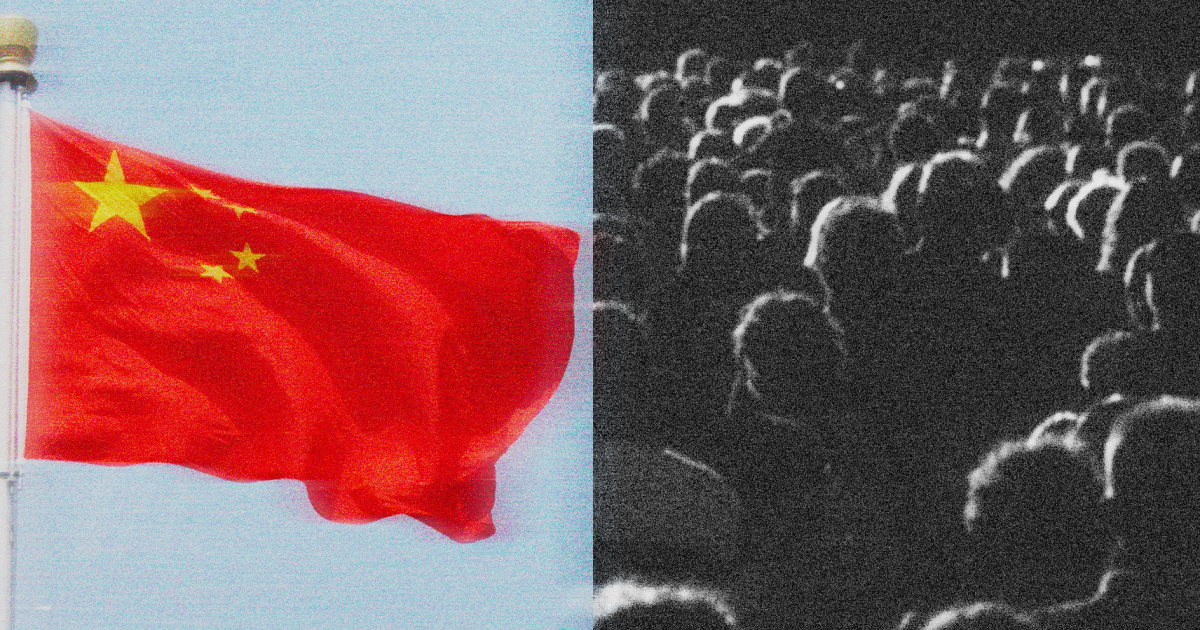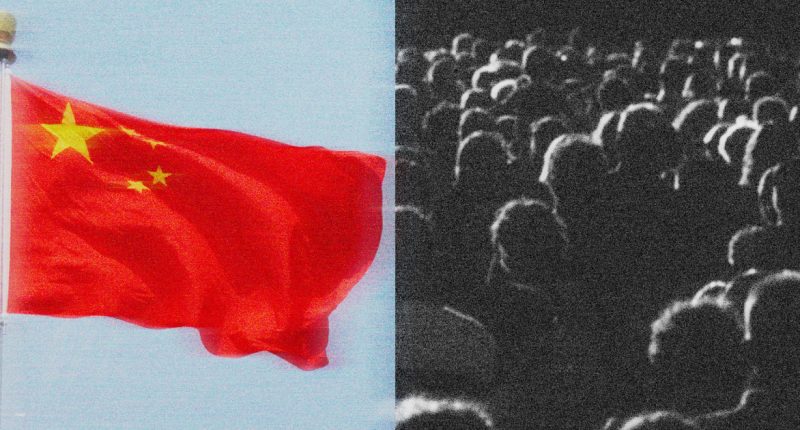
China has become one of the most aggressive actors attempting to sway U.S. public opinion through fake accounts on social media, Meta said Thursday, despite still finding little success in those efforts.
In a quarterly report on inauthentic account behavior on Facebook, Instagram and Threads, Meta said it had taken down five distinct Chinese networks targeting foreign audiences this year, more than from any other country.
“For comparison, between 2017 and November 2020, we took down two networks from China, and both mainly focused on the Asia-Pacific region,” the company said in its report. “This represents the most notable change in the threat landscape, when compared with the 2020 election cycle.”
Meta said it took down two of those coordinated inauthentic behavior networks recently. One of them included almost 5,000 fake accounts and primarily targeted Americans, often with posts about U.S. politics or U.S.-China relations. Many of the accounts also had counterparts on X, formerly known as Twitter, which are still live. NBC News viewed more than a dozen of those accounts, and all had fewer than 100 followers.
Meta said the repeated efforts indicate an attempt to have some networks in place in the lead-up to the 2024 election.
Those campaigns are “probably motivated by their view that anti-China sentiment in the United States is threatening their international image, access to markets, and technological expertise. Beijing’s growing efforts to actively exploit perceived U.S. societal divisions using its online personas move it closer to Moscow’s playbook for influence operations,” the company said in its report.
Ben Nimmo, Meta’s global threat intelligence lead, said in a call previewing the report that China’s attempts to create fake networks of influence accounts were evidence of multiple groups in that country attempting similar tactics.
“If you look at the China-origin influence operations that we’ve taken down and disclosed over the last year and a half, they’re coming from multiple different actors,” he said, noting that his team had attributed some campaigns to tech firms in China and one to Chinese law enforcement.
Liu Pengyu, a spokesperson for the Chinese Embassy in Washington, D.C., said that he was unaware of such a campaign.
“Some people and institutions have launched one ‘rumor campaign’ after another against China on social media platforms and spread a tremendous amount of disinformation about China,” he said in an emailed statement.
In its 2023 annual threat assessment report, the Office of the Director of National Intelligence found that China is prioritizing influence campaigns, especially as both major U.S. political parties routinely criticize Beijing.
While pro-China influence networks of inauthentic accounts often gain little traction, it isn’t for the lack of trying. Another Meta report earlier this year found a campaign that spread across more than 50 websites, including almost every major social media platform, though engagement with those accounts was minimal.
Dakota Cary, a nonresident fellow at the Atlantic Council’s Global China Hub, said the repeated failed efforts to create pro-China influence operations could reflect that some propagandists have received bureaucratic orders despite the fact that Meta and some other companies routinely take them down.
“These institutions have continued to push down this path, even though we can see, at least from our side, that the efforts aren’t working very well,” he said. “And that’s because they are not responding to the metrics or the impact that we’re able to see but they’re responding to their own political incentives.”
Source: | This article originally belongs to Nbcnews.com










